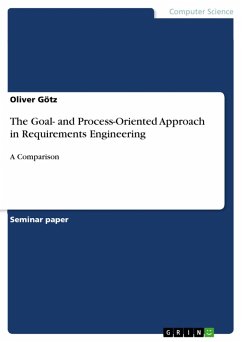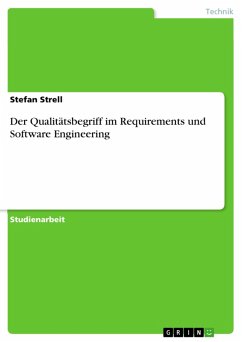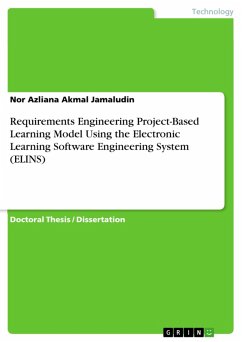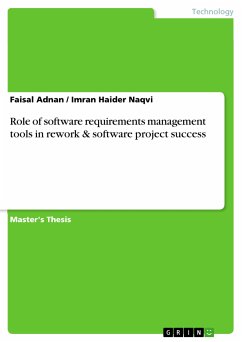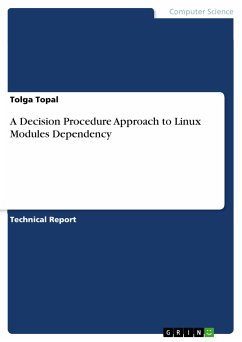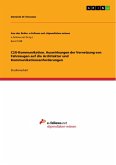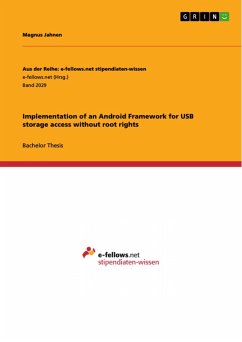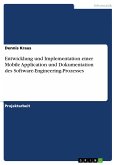Seminar paper from the year 2016 in the subject Computer Science - Software, grade: 1,0, University of Cologne (Seminar für Wirtschaftsinformatik und integrierte Informationssysteme), course: Bachelorseminar Requirements Engineering, language: English, abstract: The goal of this work was to provide a holistic overview of current frameworks for requirements elicitation. They can be catogrized as goal- or process-oriented ones. For achieving this goal, I conducted a structured literature review and summarized the results within in tables. Hence, this work can serve as reference manual for quickly getting an overview of possbile requirements elicitation approaches. There exist a couple of approaches for the elicitation of requirements for software projects. Usually, it is difficult to identify the most relevant ones in order to have a coherent software development process. In general, it is distinguished between functional and non-functional requirements. Functional ones describe what a system has to do, what a system has to perform. Non-functional ones put constraints on the software, meaning they are quality attributes such as availability and security.
Dieser Download kann aus rechtlichen Gründen nur mit Rechnungsadresse in A, B, BG, CY, CZ, D, DK, EW, E, FIN, F, GR, HR, H, IRL, I, LT, L, LR, M, NL, PL, P, R, S, SLO, SK ausgeliefert werden.

